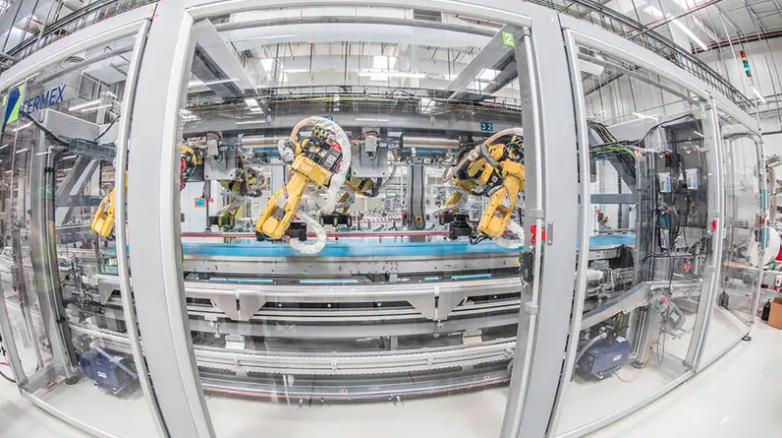
Unilever launches $120m venture with Genomatica
Under the $120m deal, Genomatica and Unilever will scale plant- and waste-based alternative to palm oil and fossil fuels.
US biotechnology company Genomatica is a producer of sustainable materials derived from plant- or waste-based feedstocks instead of fossil fuels. According to the agreement, detergent giant Unilever and Genomatica will form a venture set to be backed by additional investors that aims to commercialise palm oil and fossil oil alternatives in the the combined $625bn home and personal care markets. Unilever is the first company to invest in the venture to to make key ingredients used in everyday cleaning and personal care products. With growing demand for sustainably-sourced palm oil, this venture aims to deliver additional responsibly sourced palm oil alternatives to the market.
At present, there are few viable alternatives to palm and fossil sources that can be produced at scale in order to make those ingredients. For Unilever, one of the world’s biggest soap and detergent manufacturers, this is the largest investment in biotechnology alternatives to palm oil to date.
Genomatica will deploy its established biotechnology platform and is already starting to scale the process for its advanced technology to produce the ingredients. Beyond creating a newly transparent supply chain, initial estimates have shown that companies could reduce the carbon footprint of palm-derived ingredients by up to 50% with this technology-driven, plant based alternative.
Like Unilever, many industry giants aims to green their production in times of climate change. Mature biotechnology solutions that were developed by industrial biotech start-ups in collaboration with industry giants are to be showcased at Industria Biotec on 7 October in Berlin.
Companies like Unilever, whose products are used globally by 3.4b people each day, are increasingly partnering with biotechnology innovators like Geno to explore, develop, and manufacture new versions of traditionally-sourced ingredients. While palm oil will remain an important feedstock to Unilever, these alternative ingredients can play a growing role in diversifying supply chains to drive optionality, sustainability and cost management.
Unilever’s Chief R&D Officer Richard Slater, said:
Biotechnology has the potential to revolutionise the sourcing of our cleansing ingredients and ensure Unilever is a future-fit business – for consumers, shareholders and the planet we all share. This new venture will sit at the intersection of science and sustainability, meaning we can continue to grow our business without relying only on palm oil or fossil fuel derivatives and at the same time make our supply chains more resilient through having access to ingredient alternatives.
We will be marrying science and nature to make sure there is no tradeoff for our consumers between the efficacy and sustainability of their products. We are building this innovative new venture to have the scale to drive real impact and change in our industry, reinventing the chemistry of home and personal care products for the 21st Century.
Christophe Schilling, Geno CEO said:Geno’s collaboration with Unilever builds upon its strong track record of partnering with market leaders who are committed to accelerating the commercialization of sustainable materials in their industries – from clothing to now cleaning ingredients. We’ve developed our technology in response to our planet’s urgent climate crisis and we’ve proven that biotechnology can replace traditional production methods to produce ingredients with bio-based sources that deliver both high-performance and sustainability, at scale.
Our technology enables pathways for alternative sourcing of materials whose supply chains often have limited social and environmental transparency, by offering more resilient supply chains that are transparent, traceable and responsibly-sourced as demanded by consumers. Beyond creating new transparent and responsibly sourced-supply chains and alternatively-sourced materials, our Geno technology also represents the potential to reduce greenhouse gas emissions by 100 million tons in upcoming years.


 BioDlink
BioDlink
 Unsplash+
Unsplash+